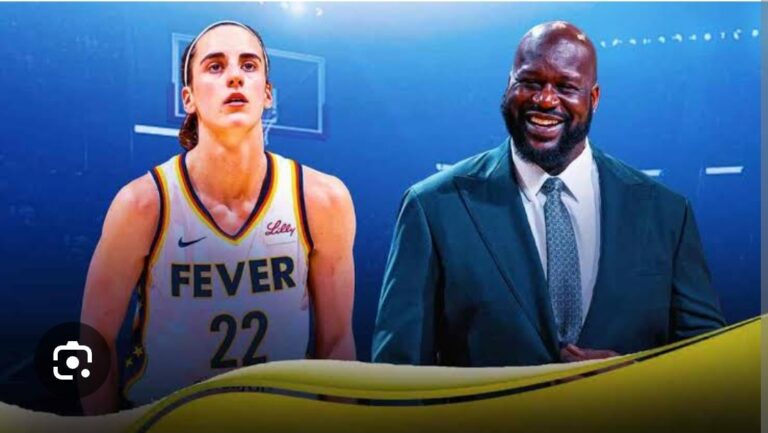Recently, Shaquille O’Neal made headlines by discussing the friction between WNBA players and Caitlin Clark, the standout college basketball star from the University of Iowa. O’Neal’s comments provide an intriguing perspective on why Clark has faced criticism from the professional women’s basketball community.
O’Neal, known for his outspoken personality and deep involvement in basketball, shared that the discontent among WNBA players toward Clark largely stems from the perception that she has been given an undue amount of media attention and praise. Clark, who gained national prominence for her exceptional performance and fiery competitive spirit during her college career, has been compared to some of the best in the sport. This media spotlight has not only amplified her visibility but also sparked debates about fairness and recognition within the women’s basketball landscape.
One key point that O’Neal highlighted is the notion of respect and acknowledgment. WNBA players, many of whom have been foundational in the growth and popularity of women’s basketball, might feel overshadowed by the spotlight that Clark has received. They argue that their own achievements and the challenges they face in the professional league deserve similar recognition. This sentiment is compounded by the ongoing struggle for visibility and equal treatment that has long plagued women’s sports. In essence, there is a belief among some WNBA players that Clark’s rapid rise, while impressive, has drawn attention away from the hard-fought progress and contributions of those who have been pivotal in elevating the sport.
O’Neal’s comments also touch on the broader issue of media narratives and the role they play in shaping public perception. The media often creates heroes and villains, and this dynamic can lead to the exclusion of other deserving talents. For WNBA players, the concern is not merely about Clark’s individual success but about the broader implications of how media coverage impacts the recognition and valuation of all players in women’s basketball.
In response, Clark and her supporters have emphasized that her achievements are the result of hard work and dedication, and they argue that her visibility can potentially benefit the sport as a whole by drawing more attention to women’s basketball. They view the increased media coverage as an opportunity to elevate the entire field, including the WNBA.
Ultimately, Shaquille O’Neal’s remarks bring to light a complex conversation about fame, recognition, and the evolving landscape of women’s basketball. The discussion underscores the need for a balanced approach to celebrating talent across different levels of the sport while acknowledging the ongoing efforts of those who have paved the way for future generations.


